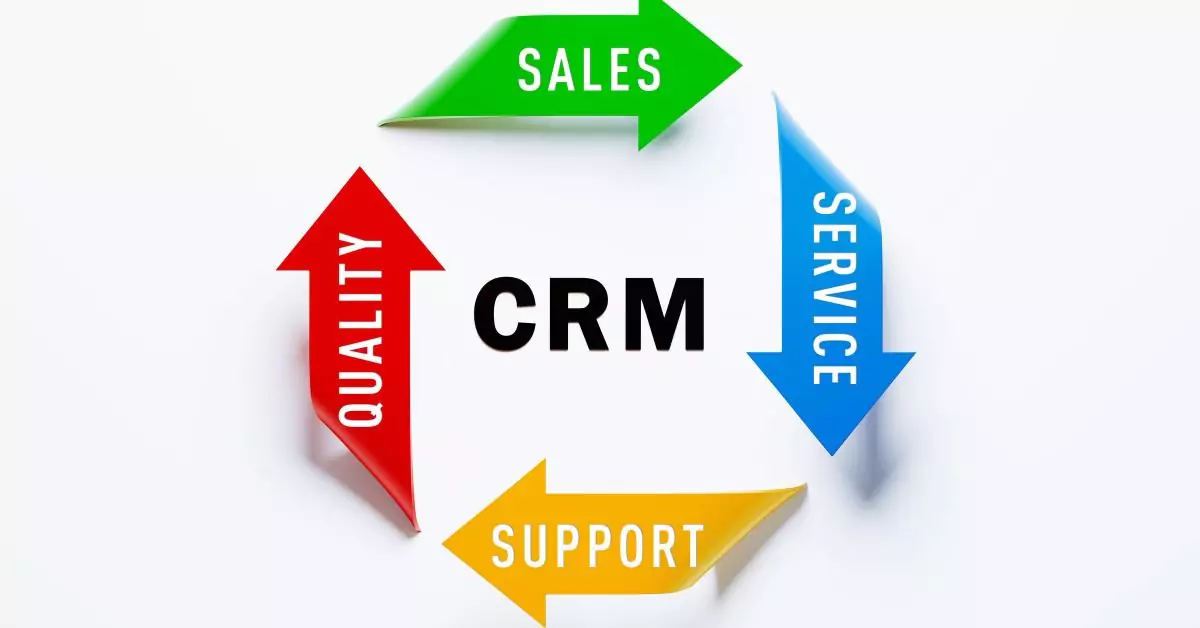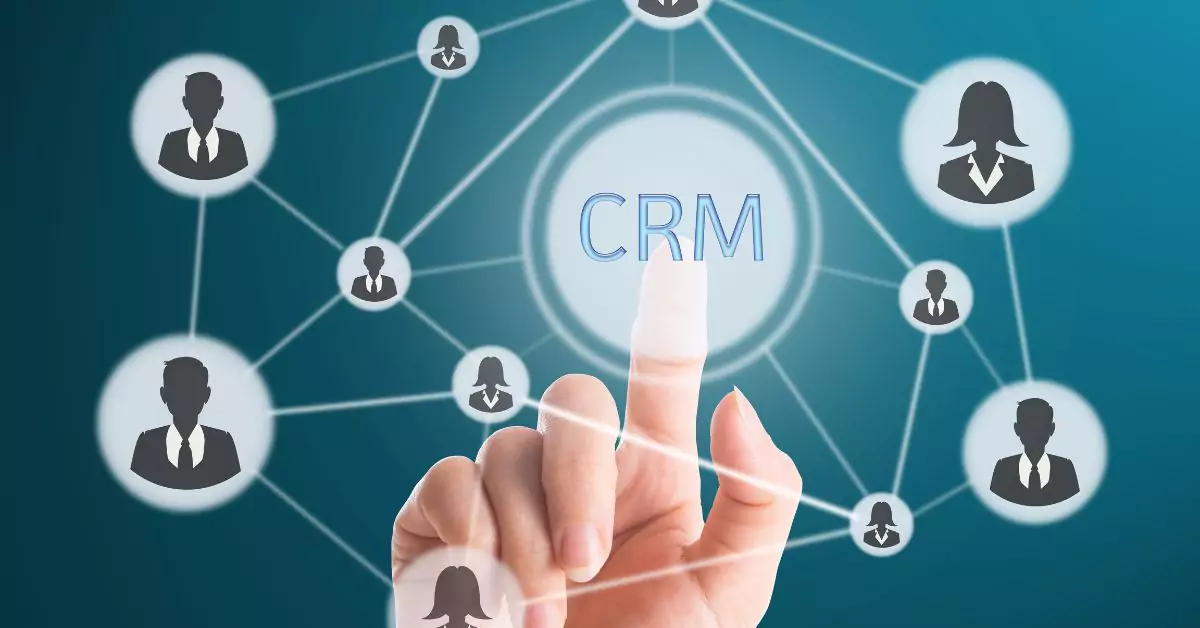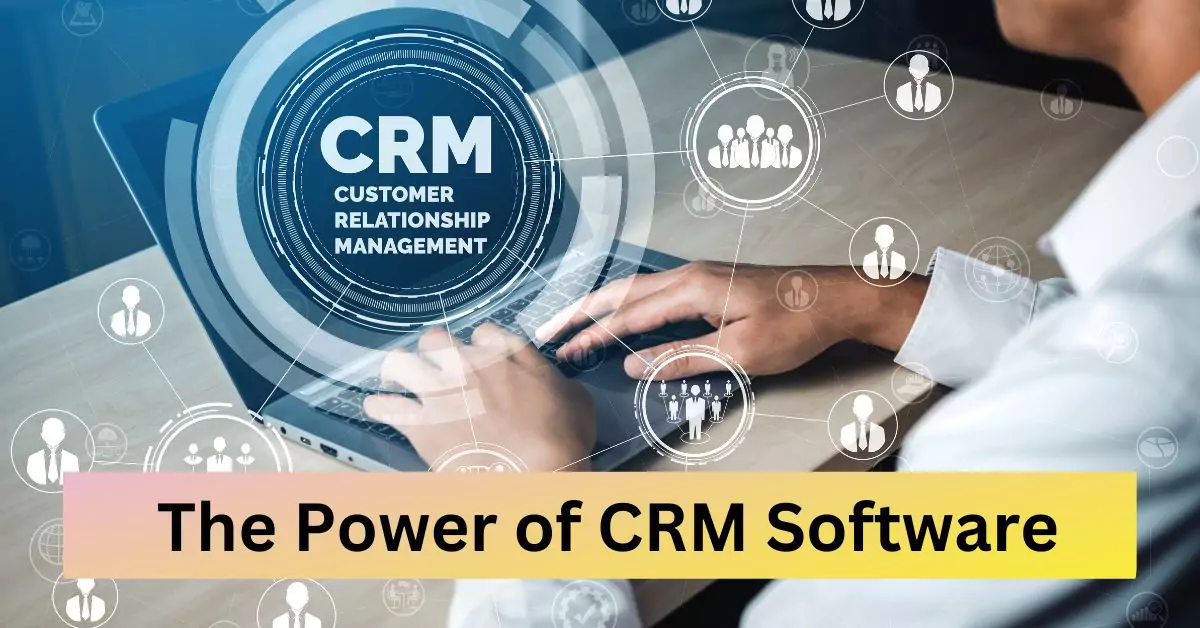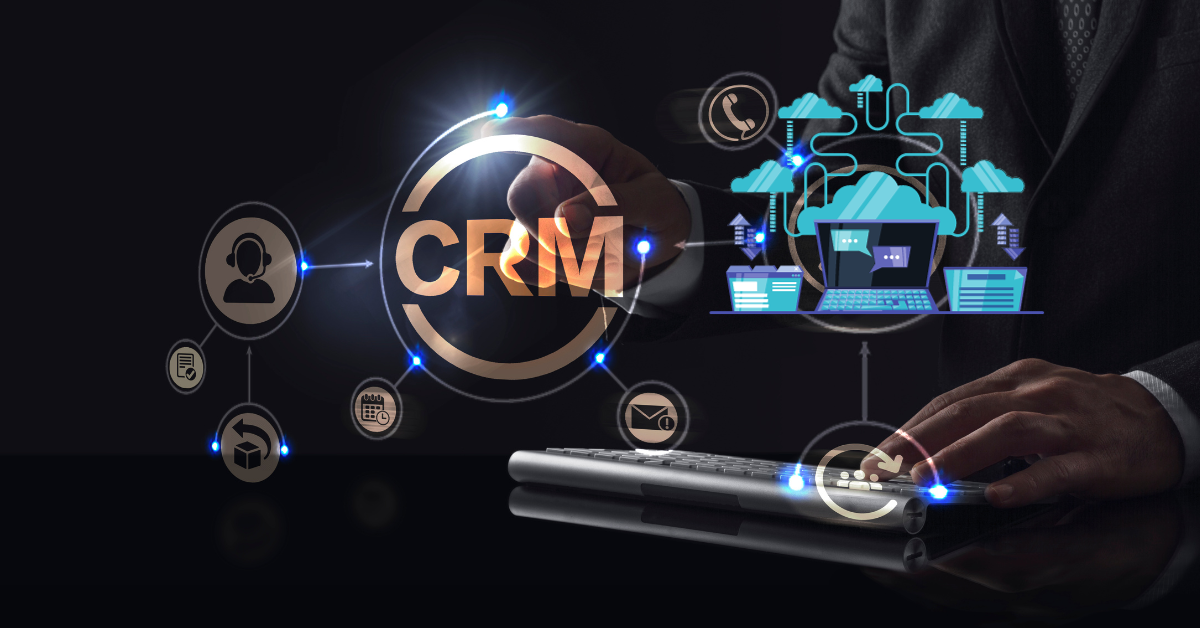In the realm of business, few things are as valuable as a satisfied customer. Customer satisfaction not only leads to repeat business but also fosters positive word-of-mouth referrals and long-term loyalty. One of the most effective tools for enhancing customer satisfaction is Customer Relationship Management (CRM) software. This article delves into the ways CRM software can be harnessed to elevate customer satisfaction, from improving communication and personalization to streamlining support processes and gathering valuable feedback.
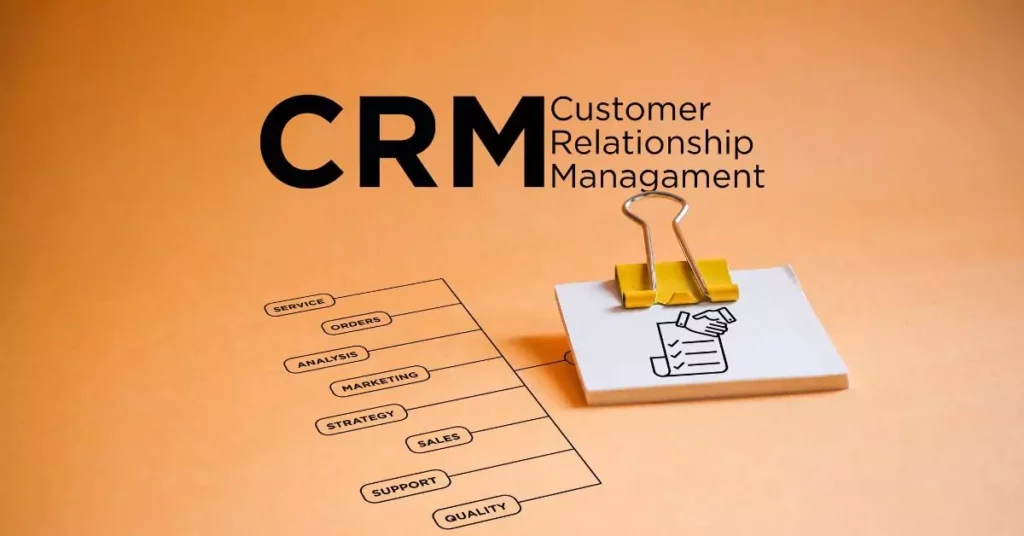
Introduction
Customer satisfaction is the cornerstone of business success. By harnessing the capabilities of CRM software, businesses can deliver exceptional experiences, resolve issues promptly, and build lasting relationships that result in increased satisfaction and loyalty.
Understanding Customer Satisfaction and CRM
Customer satisfaction refers to the degree to which a customer’s expectations are met or exceeded by a business’s products, services, and interactions. CRM software provides the means to track, manage, and enhance these interactions.
Improving Communication and Responsiveness
Prompt and effective communication is crucial for customer satisfaction. CRM software streamlines communication by providing a centralized platform for all customer interactions, ensuring that inquiries, feedback, and issues are addressed promptly.
Personalization at Scale
Personalized experiences make customers feel valued. CRM software enables businesses to tailor communications and offers based on individual preferences, enhancing engagement and satisfaction.
Efficient Issue Resolution
Issues are inevitable, but how they are resolved impacts customer satisfaction. CRM software provides support teams with a holistic view of customer interactions, enabling them to resolve issues quickly and comprehensively.
360-Degree Customer View
CRM software consolidates customer data, allowing support teams to understand a customer’s history, preferences, and pain points. This comprehensive view enhances the quality of interactions.
Proactive Customer Support
Anticipating customer needs before they arise is a powerful strategy. CRM software allows businesses to predict issues, offer solutions, and provide proactive support, leading to increased satisfaction.
Gathering and Utilizing Customer Feedback
CRM software facilitates the collection of customer feedback. By actively seeking input, businesses can make informed decisions and prioritize improvements that align with customer preferences.
Measuring and Analyzing Satisfaction Metrics
CRM software offers tools to measure customer satisfaction metrics, such as Net Promoter Score (NPS) and Customer Satisfaction Score (CSAT). Analyzing these metrics helps businesses track progress and identify areas for improvement.
Enhancing Long-Term Loyalty
Customer satisfaction is closely tied to loyalty. Satisfied customers are more likely to remain loyal, make repeat purchases, and recommend the business to others, contributing to long-term success.
Selecting the Right CRM for Customer Satisfaction
User-Friendly Interface and Adoption
Choose a CRM solution with a user-friendly interface to ensure smooth adoption by your team. The easier it is to use, the more effectively it can be utilized to enhance customer satisfaction.
Integration Capabilities
CRM software should seamlessly integrate with other tools and systems your business uses. This ensures a cohesive customer experience across various touchpoints.
Data Security and Privacy
Prioritize data security and privacy when selecting CRM software. Ensuring that customer information is protected builds trust and enhances satisfaction.
Scalability and Future Growth
Select a CRM solution that can grow with your business. As your customer base expands, the CRM should accommodate increased interactions while maintaining high levels of satisfaction.
Conclusion
Customer satisfaction is the bedrock of business success. CRM software offers a comprehensive solution to elevate customer experiences, from improving communication and personalization to streamlining support processes and gathering feedback. By selecting the right CRM solution and utilizing its capabilities effectively, businesses can cultivate lasting relationships, drive loyalty, and achieve sustained growth.
FAQs (Frequently Asked Questions)
What is customer satisfaction and why is it important?
Customer satisfaction refers to meeting or exceeding customer expectations regarding products, services, and interactions. It’s important as it leads to loyalty, positive referrals, and business growth.
How does CRM software contribute to customer satisfaction?
CRM software enhances communication, personalization, issue resolution, and proactive support, all of which contribute to higher customer satisfaction levels.
What is personalized customer support?
Personalized customer support involves tailoring interactions and solutions to individual customer preferences, needs, and history.
How can businesses measure customer satisfaction?
Businesses can measure customer satisfaction through metrics like Net Promoter Score (NPS) and Customer Satisfaction Score (CSAT), often facilitated by CRM software.
Why is proactive customer support important?
Proactive customer support anticipates customer needs and issues, demonstrating a commitment to customer satisfaction and building loyalty.
